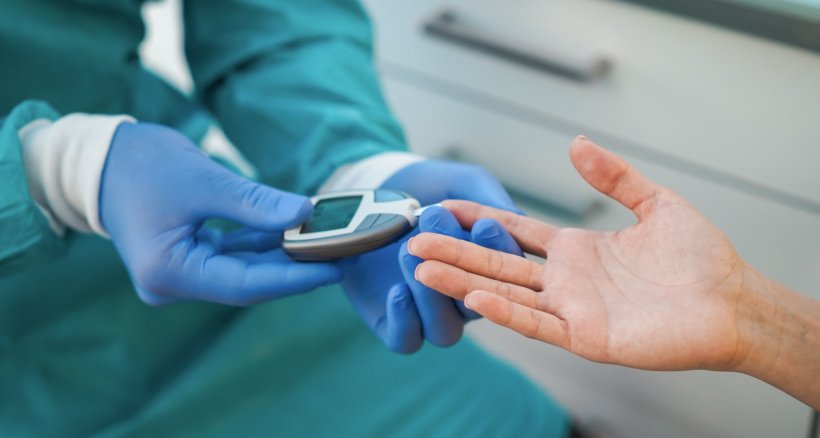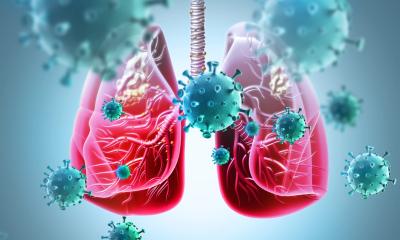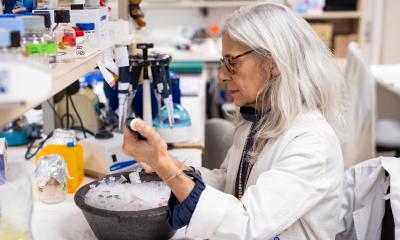
Image source: Adobe Stock/DisobeyArt
News • Sars-CoV-2 infection aftereffects
Diabetes after Covid-19: Researchers find possible connection
During the Covid-19 pandemic, an increase in the chronic autoimmune disease type 1 diabetes was observed in children, also in Germany.
Researchers at Helmholtz Munich and TU Dresden, in cooperation with the Kassenärztliche Vereinigung Bayern (KVB), have now investigated whether there is a temporal association between infection with the Sars-CoV-2 virus and the development of type 1 diabetes. The team of researchers explored data of over 1.1 million statutorily insured children born between 2010 and 2018 in Bavaria.
The team published their findings in JAMA.
Different studies have documented an increased incidence of type 1 diabetes during the Covid-19 pandemic. However, none of the studies distinguishes between children with and without Sars-CoV-2 infection. Researchers were now able to gain new insights: the KVB data set provides information on whether children diagnosed with type 1 diabetes previously had Covid-19. This allows an analysis of the temporal relationship between a Covid-19 diagnosis and the diagnosis of type 1 diabetes. Amongst the analyzed children without type 1 diabetes diagnosis before the start of the pandemic, 16.6 percent had a diagnosis of Covid-19 between January 2020 and December 2021.
We are cautious in our interpretation, but the findings suggest that the virus could either promote initiation of the underlying autoimmunity in type 1 diabetes or accelerate the progression of the disease in children with existing autoimmunity
Ezio Bonifacio
The researchers’ initial findings were consistent with data from Germany and other countries: the incidence rate of type 1 diabetes in children between the ages of 2 and 12 years was around 50 percent higher in the years 2020 to 2021 as compared to the incidence rate in 2018 to 2019. Important and novel, they found that the development of type 1 diabetes in 2020 to 2021 was higher in the children with Covid-19. The likelihood to develop type 1 diabetes was increased by 57% in children who had a confirmed Sars-CoV-2 infection compared to non-infected children. The increase in type 1 diabetes incidence occurred in the same quarter as the Covid-19 diagnosis and also in later quarters.
“We are cautious in our interpretation, but the findings suggest that the virus could either promote initiation of the underlying autoimmunity in type 1 diabetes or accelerate the progression of the disease in children with existing autoimmunity," says Ezio Bonifacio, last author of the study. Further studies will be needed, to elucidate the exact mechanism driving the increased incidence of type 1 diabetes during the Covid-19 pandemic in young children.
The team of researchers also has access to cohorts of prospectively followed children from the Global Platform for the Prevention of Autoimmune Diabetes (GPPAD) and the Fr1da Study. “We want to look into these cohorts to see whether the development of islet autoantibodies and/or type 1 diabetes was increased in the children after Sars-CoV-2 infection,” says Anette-Gabriele Ziegler, Director of the Helmholtz Munich Institute of Diabetes Research and GPPAD researcher. The findings of these studies will help to determine whether vaccination against Covid-19 should be considered in children at risk for type 1 diabetes.
Source: Helmholtz Munich
25.05.2023











